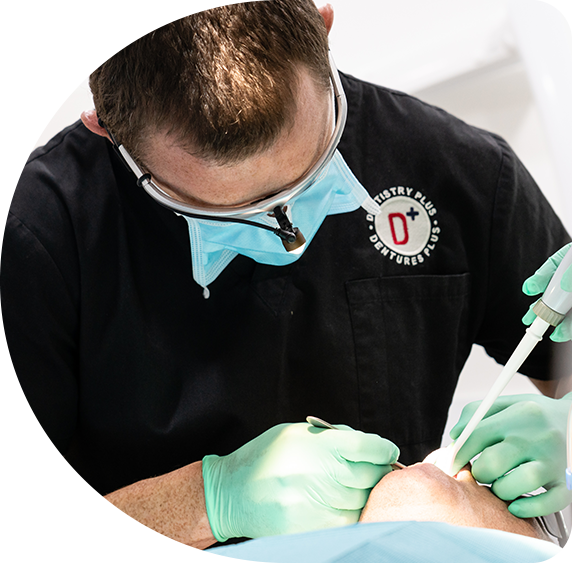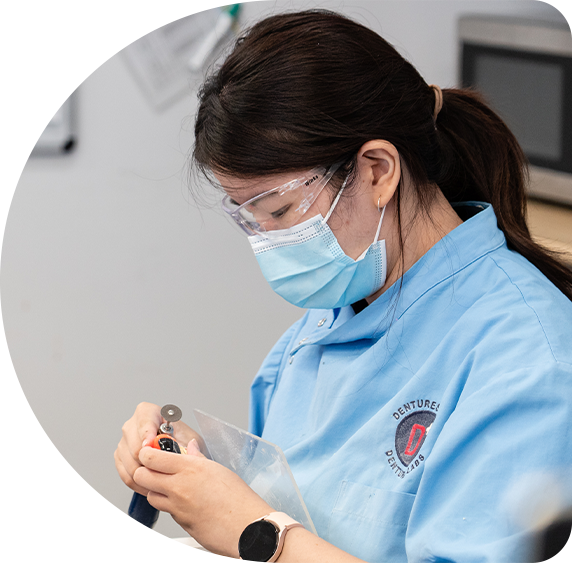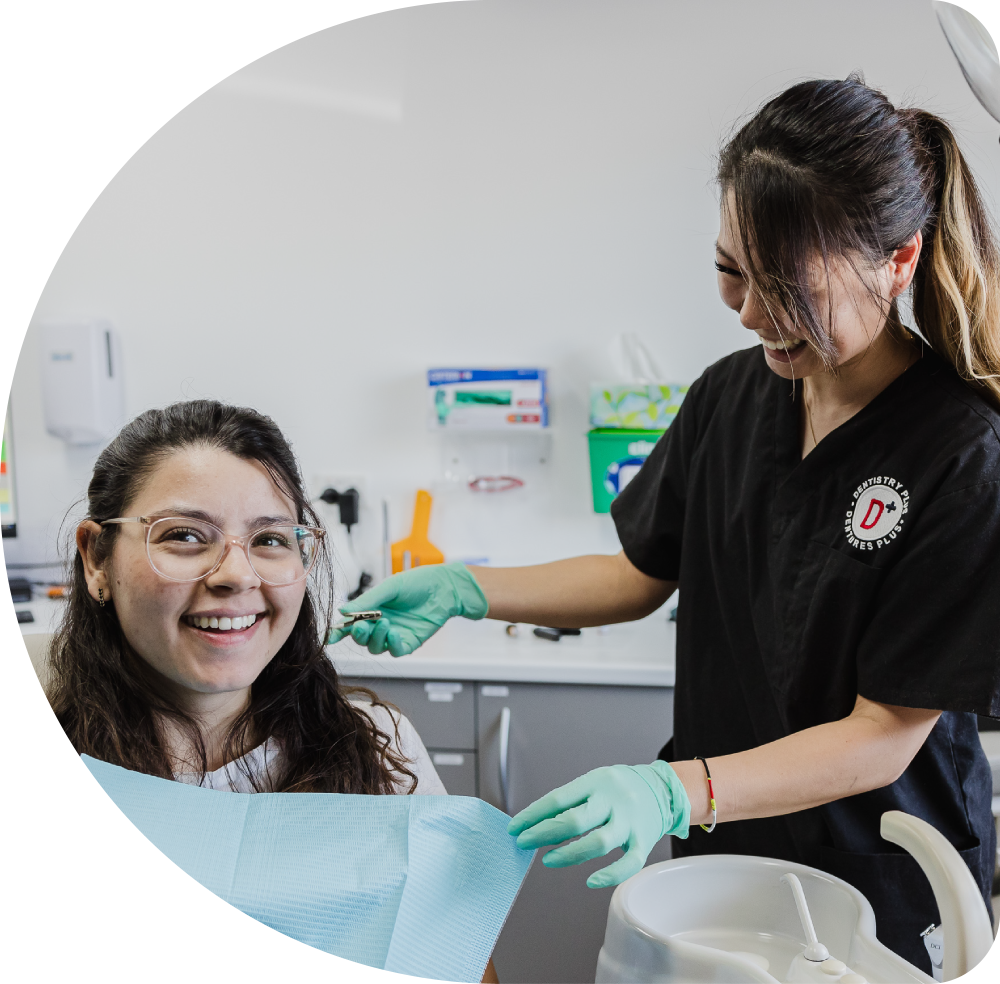
Designed to save a infected or damaged tooth from extraction.
Contrary to popular misconceptions, root canal therapy is a highly effective and virtually painless procedure that can alleviate tooth pain and save your natural tooth, avoiding the need for extraction and costly tooth replacement options, and with recent technology it has almost the same success rate of implant.


The Root Canal Therapy (RCT) process
Our experienced endodontic dentists will perform a comprehensive evaluation of your dental condition, including clinical examination, digital imaging, and diagnostic tests, to determine the extent of the infection and the need for root canal therapy.
Based on the diagnosis, we will develop a personalized treatment plan tailored to your specific needs and preferences. We will explain the treatment process, answer any questions you may have, and ensure you feel comfortable and informed every step of the way.
During the root canal procedure (RCT), our skilled general Dentist with a special interest in endodontics will carefully remove the infected pulp from the inside of your tooth, clean and disinfect the root canal system, and shape the canal to prepare it for filling.
Once the root canal is cleaned and shaped, we will fill the canal with a biocompatible material called gutta-percha and seal it with a dental adhesive to prevent reinfection.
After completing the root canal therapy, we may recommend placing a dental crown or filling to restore the strength, function, and appearance of your treated tooth, ensuring long-term durability and stability.
Pain free dentistry
Contrary to popular misconceptions, root canal therapy is typically not painful. Thanks to modern advancements in dental technology and anesthesia techniques, the procedure is virtually painless and performed under local anesthesia to ensure your comfort. After the procedure, you may experience some mild discomfort or sensitivity, which can be managed with over-the-counter pain medications.
And it doesn’t take long
The duration of root canal therapy depends on various factors, including the complexity of the case, the number of roots in the treated tooth, and the presence of infection. In most cases, root canal therapy can be completed in one to two visits, with each visit lasting approximately 60 to 90 minutes. Our general dentists with special interests in endodontics will provide you with a personalized treatment plan and schedule based on your specific needs.


Easy finance to help you
access dental care

Smile Now Pay Later
There’s no risk. If you don’t get approved, it won’t impact your credit score.
We partner with Pretty Penny Finance* to provide this service.
* Dentistry Plus Pty Ltd ABN 32 605 704 523 – Credit Representative number 486980 is an authorised representative of Pretty Penny Holdings Pty Ltd ABN 69 607 391 168 – Australian Credit Licence 481695

Health Layby Wallet
An alternative to extras health cover, where you don’t lose your money if nothing happens.
ZIP pay
The easy way to pay for non-major dental procedures.
The button below will take you to Zip Money website.
Early Super Release
If eligible, gain early access to your superannuation to fund your treatment.
We partner with SuperCare to provide this service.

16 years of smiles
Starting from humble beginnings in 2008, Dentistry Plus’ customer base has rapidly grown through excellent service and a World class approach to dentistry.
Because of this, you can find Dentistry Plus in 7 locations (with more to come) across Perth.
Quality in every service
Today, Dentistry Plus continues to grow with a strong focus on quality of service.
Every dental clinic is equipped with the latest technology and all our dentists are carefully selected to ensure that every procedure, from a simple scale and clean to a full dental reconstruction, is performed to the highest possible standard.


